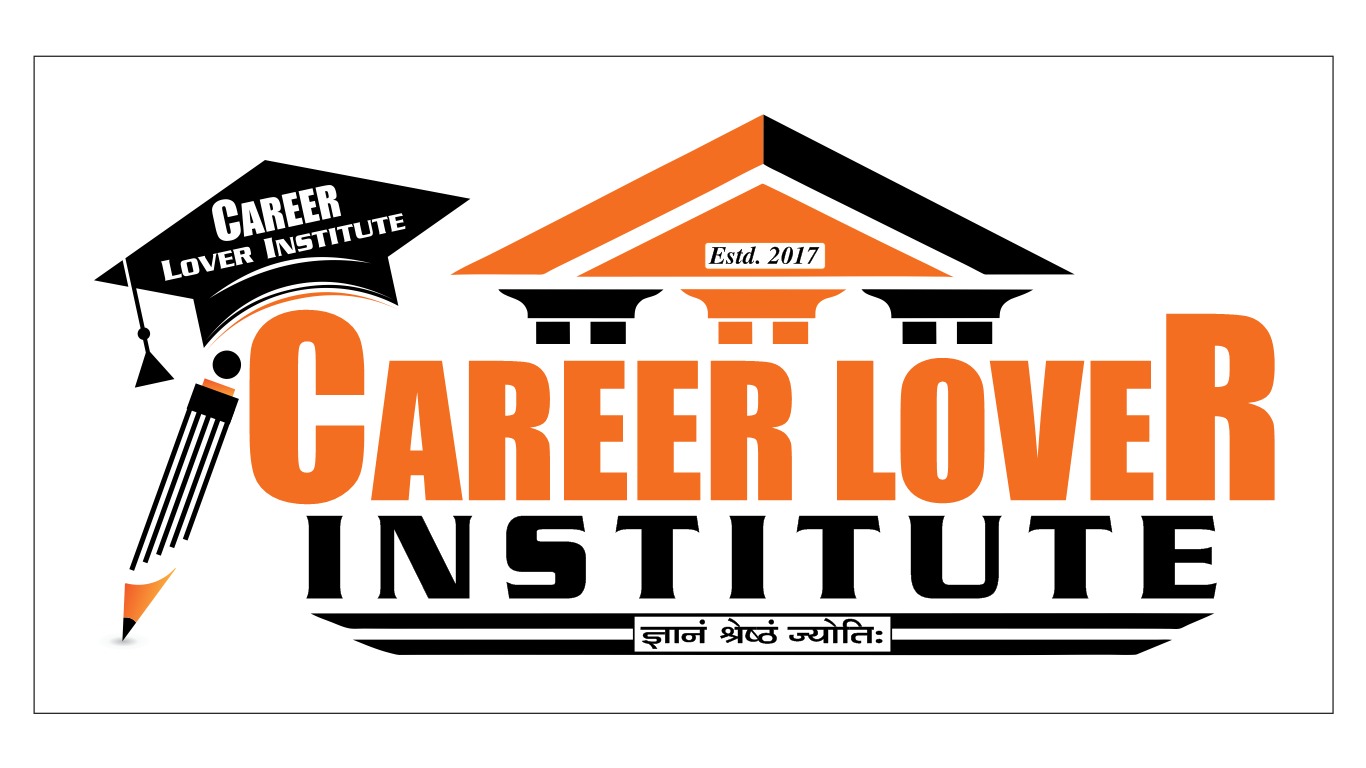
More about Distance B.Lib/B.L.I.Sc.
For those who are interested in a career in information management or librarianship, a degree in library and information science can be quite beneficial. Graduates from programs in library and information science frequently go on to work in academic, public, or special libraries. They can also take on information management positions in other sectors of the economy, like the government or healthcare. Furthermore, a degree in library and information science can offer a solid basis for additional research in allied disciplines like archival studies or information technology. In general, your unique career objectives and interests will determine the worth of your library and information science degree.
An Overview: B.Lib/B.L.I.Sc.
Course Keywords | Details |
Course | Distance B.Lib/B.L.I.Sc. |
Course Level | Undergraduate level |
Duration | 1 year |
Admission Process | Entrance Exam/ Merit Based |
Entrance Exams | SAT, CUET, JMI Entrance Test, JNUEE, PUB DET, etc. |
Eligibility Criteria | An intermediate qualification from any recognized board of education. |
Learning Mode | Distance |
Average Tuition Fee | INR 5000* to INR* |
Career Prospects |
|
Recruiting Areas |
|
The Curriculum of Distance B.Lib/B.L.I.Sc.
Semester 1 | Semester 2 |
| Foundation of Library and Information Science | Management of Libraries and Information Centers |
| Knowledge Organization Classification (Theory) | Information Sources and Services |
| Knowledge Organization Classification (Practice) | Basics of Information and Communication Technology (Theory) |
| Knowledge Organization Cataloguing (Theory) | Basics of Information and Communication Technology (Practical) |
| Knowledge Organization Catalouging (Practice) | Project |


